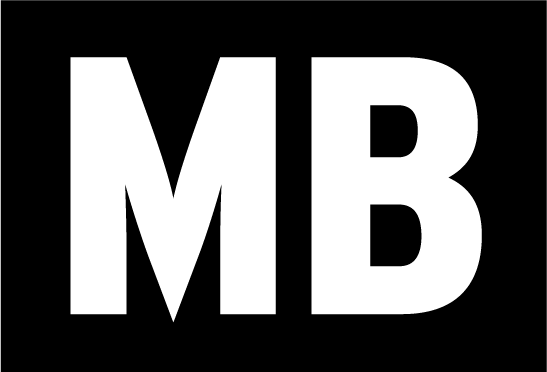By Joshua Lowcock
Twitter’s decision to flag one of President Trump’s tweets with a fact-check has set a precedent for how social media companies can and should respond to false information published by accounts with significant audience reach. Twitter CEO Jack Dorsey, to his credit, took responsibility for the decision.
It’s important to call out that Twitter’s decision should not be cast in the context of freedom of speech. The rules are and have always been different for private companies, particularly those with terms of service (ToS), as XKCD so eloquently points out. To some extent, the issues that are now playing out for the platforms are self-inflicted given the historically slow and inconsistent enforcement of ToS across all users, including public figures.
Mark Zuckerberg has taken a different perspective than Twitter. In a blog post and CNBC interview, he argued that “Political speech is one of the most sensitive parts in a democracy, and people should be able to see what politicians say.”
Zuckerberg misses a key point, namely that Twitter didn’t delete the tweet – people can still see what Trump said on Twitter – and it is necessary to, in the words of Twitter’s CEO, “connect the dots of conflicting statements and show the information in dispute so people can judge for themselves.”
